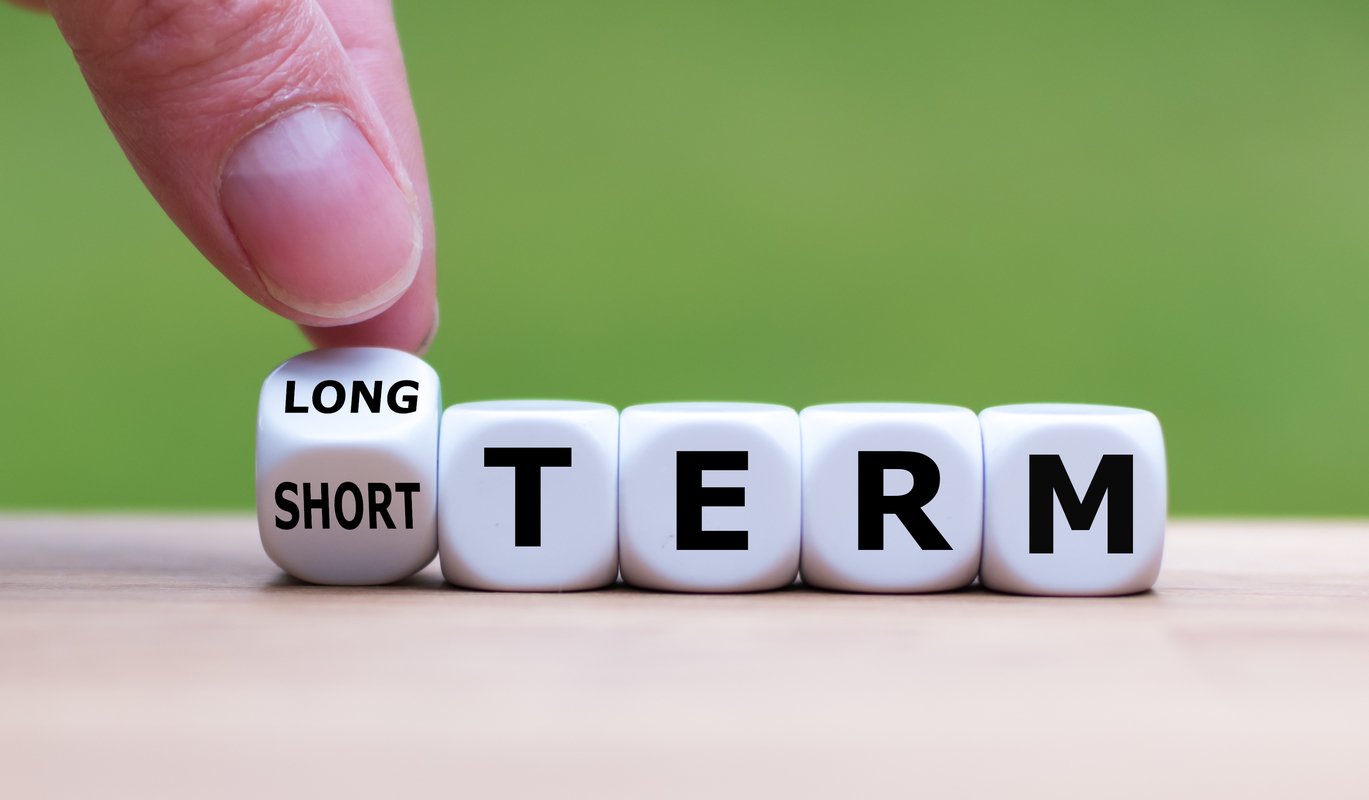If you're hunting for great stocks to buy while the market is still down, you'll definitely want to check out big pharma stocks. Many large drugmakers have strong financial positions. Nearly all of them market products that people will need, regardless of what happens at the macroeconomic level.
GlaxoSmithKline (GSK +7.37%) and Bristol Myers Squibb (BMY +3.36%) rank as two of the biggest pharmaceutical companies in the world. Both stocks are also down from their highs set earlier this year by double-digit percentages. Which pharma stock is the better buy? Here's how GSK and BMS compare.

Image source: Getty Images.
The case for GlaxoSmithKline
GlaxoSmithKline is a company in transition. Over the short run, this transition is likely to be choppy. For example, GSK expects to post a net loss in 2020 as it prepares to split into two companies, one focused on consumer health and the other on pharmaceuticals and vaccines. But over the long term, GSK could be positioned for success.
The company claims several relatively new drugs on the market that should drive growth for years to come. Sales for respiratory drug Trelegy Ellipta are skyrocketing. HIV drugs Juluca and Dovato are picking up tremendous momentum. Ovarian cancer drug Zejula is another rising star.
GSK's vaccines business is especially strong. Shingles vaccine Shingrix is racking up monster sales, while the company's meningitis vaccines Bexsero and Menveo continue to perform well. It's a similar story for some of the older vaccines, including immunization booster Boostrix and pneumococcal vaccine Synflorix.
Sure, GlaxoSmithKline has some weak spots. The most glaring of these is respiratory drug Advair, with sales continuing to sink due to loss of exclusivity. However, the drag on GSK's year-over-year comparisons will diminish over time.
The company's pipeline includes several promising candidates. GSK awaits U.S. regulatory approvals for eight programs and also claims 10 late-stage programs, notably including rheumatoid arthritis drug otilimab and cabotegravir for HIV pre-exposure prophylaxis (PrEP).
While investors wait for GSK's transition period to wind down, they can enjoy a juicy dividend, which currently yields 5.4%. And while there have been some worries in the past that GSK might cut its dividend, those concerns appear to have largely subsided.
The case for Bristol Myers Squibb
Bristol Myers Squibb is undergoing a transition of its own. The big drugmaker acquired Celgene in November 2019, and the buyout has transformed BMS in a couple of significant ways.
Thanks to the Celgene acquisition, BMS now has blockbuster blood cancer drugs Revlimid and Pomalyst in its lineup, along with solid tumor drug Abraxane. These additions supplement BMS' already strong portfolio, which includes blood thinner Eliquis, cancer immunotherapy Opdivo, and immunology drug Orencia.
Celgene also brought several new drugs to the table that should be big winners in the future. Reblozyl won Food and Drug Administration (FDA) approval for treating anemia in patients with rare blood disease beta-thalassemia before BMS' buyout of the biotech closed. Subsequent to the deal wrapping up, the FDA approved Zeposia for treating relapsed multiple sclerosis.
Bristol Myers Squibb does have a few challenges. Sales continue to fall for several of its older drugs that have lost exclusivity. Myelofibrosis drug Inrebic, which was developed by Celgene, is also off to a slow start after winning FDA approval in August 2019.
On the other hand, BMS' pipeline appears to be quite strong. The company has multiple late-stage clinical studies underway evaluating Opdivo either as a monotherapy or in combination with Yervoy in treating various types of cancer. It also claims a couple of promising cell therapies, ide-cel and liso-cel, both of which could generate blockbuster sales if approved.
BMS is no slouch in the dividend department, either. Its dividend yield currently stands at 3%. Considering BMS' strong earnings growth prospects, investors should be able to count on the dividend payout growing in the future.
Better buy
The decision between these two pharma stocks is an easy one. I think that Bristol Myers Squibb is the hands-down winner.
BMS has a stronger product lineup and a more promising pipeline than GlaxoSmithKline and has fewer problem areas. It's also more attractively priced than GSK, with shares trading at only 9.4 times expected earnings. My take is that Bristol Myers Squibb ranks as one of the top big pharma stocks to buy right now.







